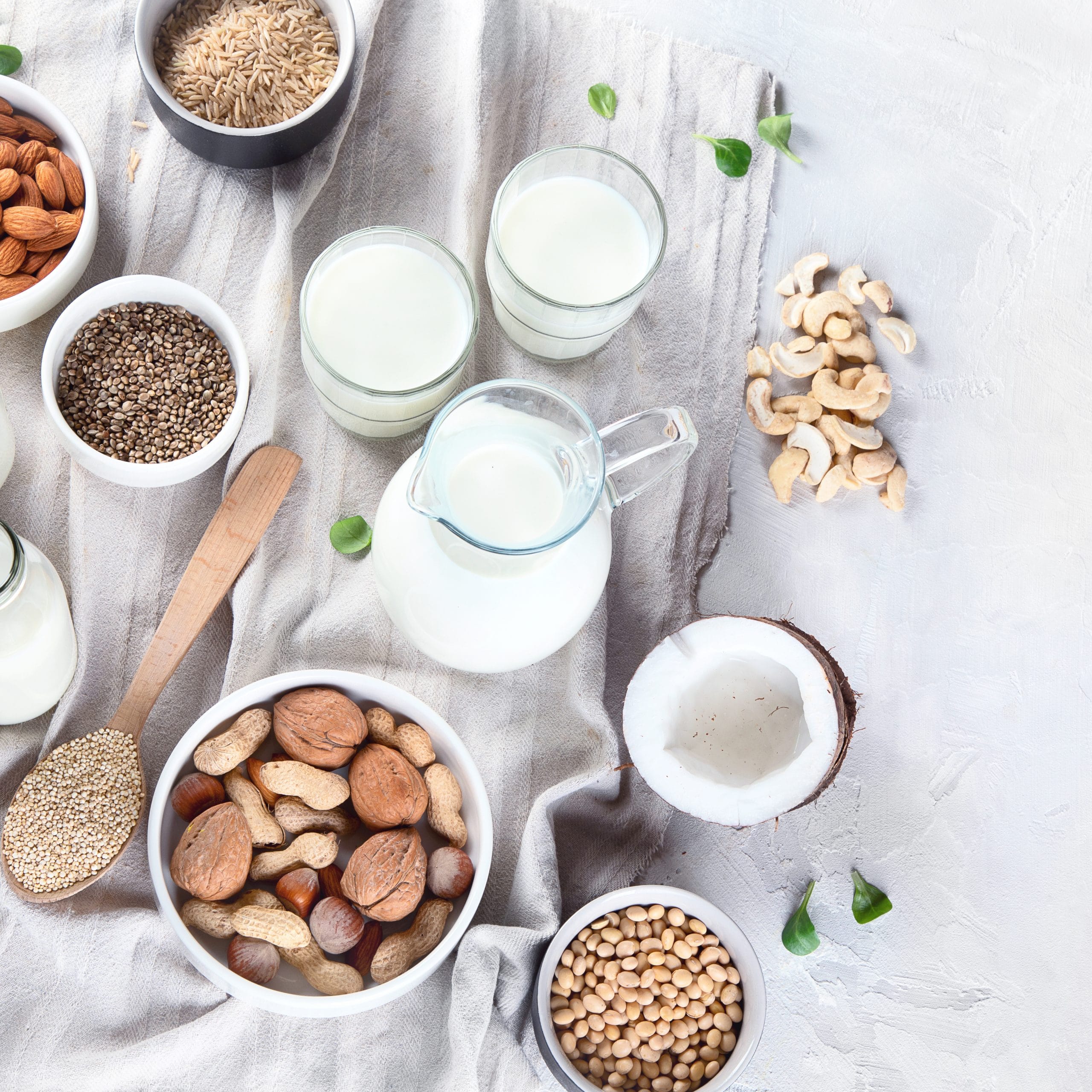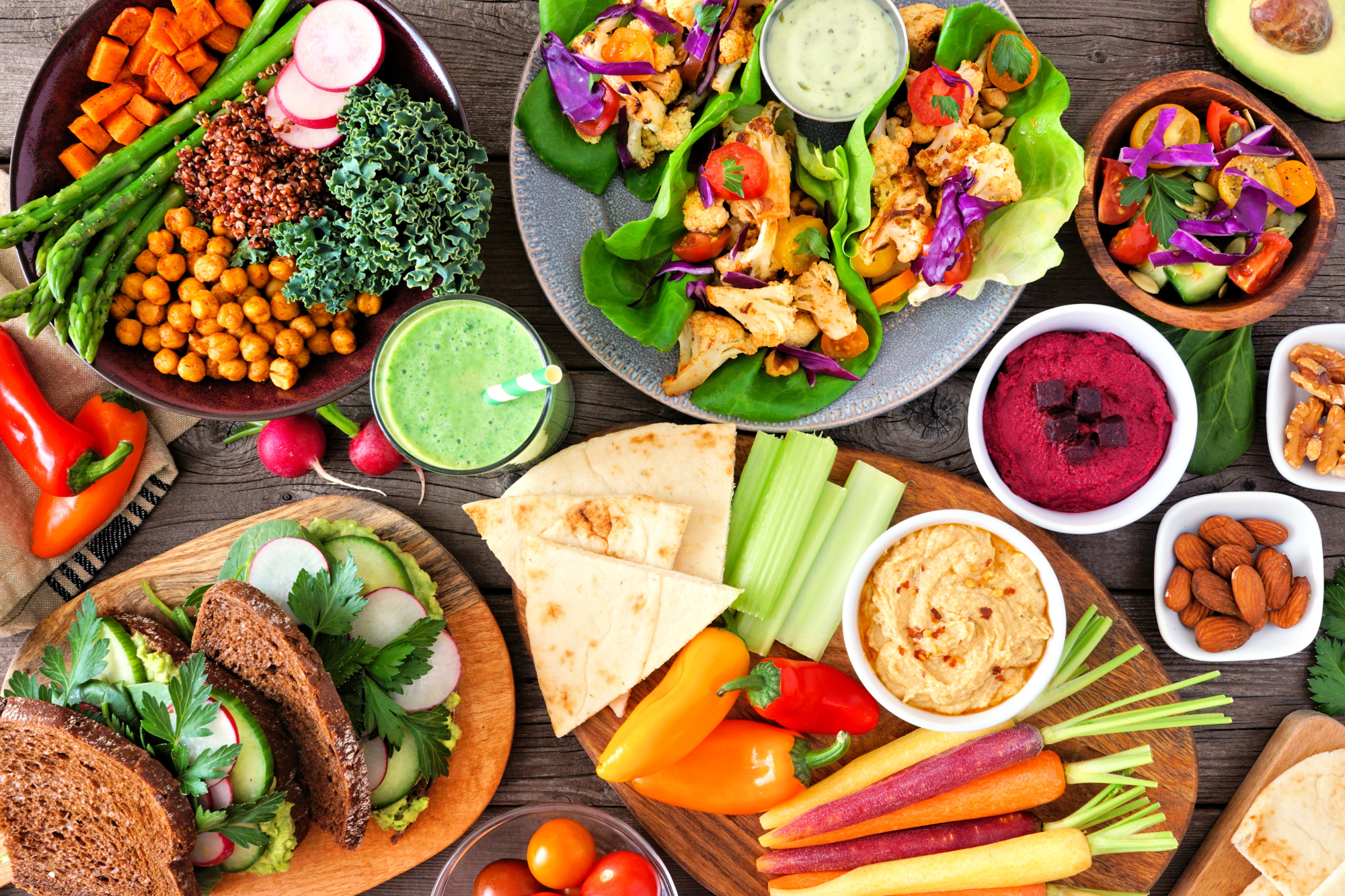ProVeg International has launched a petition to stop Amendment 171, to ban the use of dairy-related terms in reference to plant-based dairy alternatives, supported by several NGOs and leading names in the food sector.
In follow up of the ‘veggie burger ban’
Following last year’s successful campaign to ‘Stop The Veggie Burger Ban’ ProVeg International will take action to Stop AM171.
AM171 will be discussed as part of the CMO trilogues scheduled to start on January 27th. In spite of existing restrictions on the plant-based sector including a ban on using terms like ‘oat milk’ and ‘soya yoghurt’, the new amendment would go even further.
The new law would prohibit any use of ‘evocations’ of dairy products on plant-based packaging or in advertising. The ban could even prohibit brands from using images of their own products or applying factual disclaimers such as ‘does not contain milk’.
The plant-based community has voiced concerns about further bans being placed on the plant-based sector. Such restrictions would make it more difficult for consumers to choose plant-based foods in spite of ever-increasing demand, and also threaten consumers’ right to information and companies’ right to fair competition. Amendment 171 also directly interferes with the EU’s vital sustainability efforts such as the Green Deal.
Banning the use of recognisable names for plant-based dairy alternatives not only contradicts the EU’s public-health goals and the promotion of healthy diets – it sits in direct opposition to the sustainability objectives of the European Green Deal and the Farm to Fork Strategy. If implemented it would pose a substantial threat to the climate goals of the Paris Agreement.
It is baffling to once again be forced to justify sustainability. Why would we sabotage innovation?
In practice, amendment 171 could prohibit the following1:
- Describing a plant-based food, its taste, or function by referring to familiar ‘dairy’ terminology. For example, using wordings such as ‘it’s like milk’, ‘creamy’, or ‘buttery’ to inform the consumer about the purpose, texture, or flavour, either on packaging or advertising. This includes informative descriptions, even if they are purely factual. For instance, using the phrases “does not contain milk”, “suitable for persons suffering from lactose intolerance”, or “plant-based alternative to yoghurt”.
- Showing climate impact by comparing the carbon footprint of a plant-based food item with its dairy equivalent.
- Using a picture of a plant-based white beverage being poured at a breakfast table, or white foam swirling into a cappuccino.
- In its most restrictive interpretation, this could result in bans on plant-based food packaging that looks visually similar to dairy packaging.
References
- European Parliament (07.05.2019): Plenary Sitting A8-0198/2019. Page 172. Online at: https://www.europarl.europa.eu/doceo/document/A-8-2019-0198_EN.pdf#page=172 [05.02.2021]










